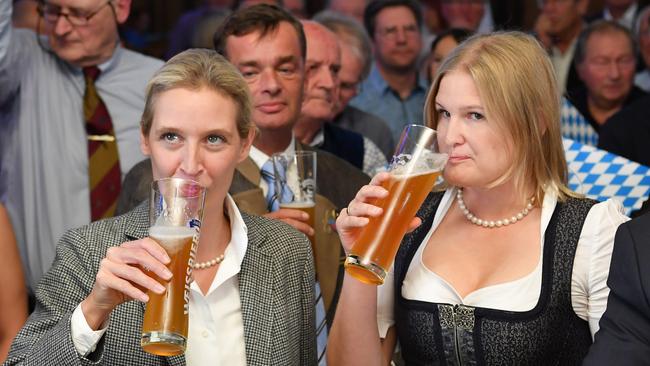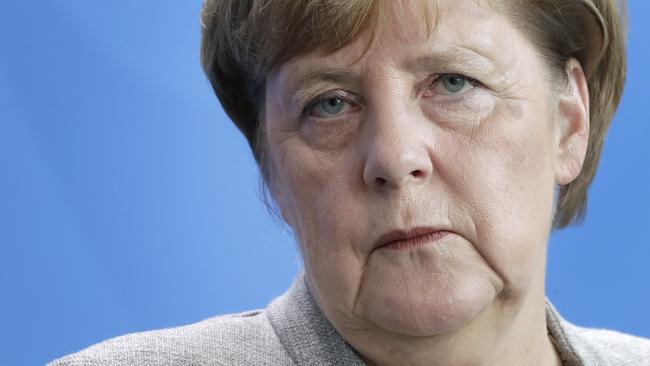Bavarian voters punish Merkel allies
The German Chancellor’s conservative allies have lost their majority in Bavaria’s state parliament by a wide margin.

German Chancellor Angela Merkel’s conservative allies have lost their absolute majority in Bavaria’s state parliament by a wide margin in a regional election, a result that could cause more turbulence within the national government.
The Christian Social Union was on course to take around 37 per cent of the vote, down from 47.7 per cent five years ago, projections for ARD and ZDF public television indicated. The projections were based on exit polls and a partial vote.
If they are confirmed in the final count, it would be the party’s worst performance in Bavaria, which it has traditionally dominated, since 1950. Constant squabbling in Ms Merkel’s national government and a power struggle at home have weighed on the CSU, which is traditionally a touch more right-wing than the chancellor’s party and has taken a hard line on migration.
There were gains for parties to its left and right.
The Greens were expected to win up to 18 per cent to secure second place, more than double their support in 2013.
And the far-right Alternative for Germany, or AfD, was set to enter the state legislature with around 11 per cent of the vote.
The centre-left Social Democrats, Ms Merkel’s other coalition partner in Berlin, were on course for a disastrous fifth-place result of 10 per cent or less, half of what the party received in 2013 and its worst in the state since World War II.

The CSU has governed Bavaria, the prosperous southeastern state that is home to some 13 million of Germany’s 82 million people, for more than six decades. Needing coalition partners to govern is itself a major setback for the party, which only exists in Bavaria and held an absolute majority in the state parliament for all but five of the past 56 years.
“Of course this isn’t an easy day for the CSU,” the state’s governor, Markus Soeder, told supporters in Munich, adding that the party accepted the “painful” result “with humility” Pointing to goings-on in Berlin, Mr Soeder said “it’s not so easy to uncouple yourself from the national trend completely”.
But he stressed that the CSU still emerged as the state’s strongest party with a mandate to form the next Bavarian government.
He said his preference was for a centre-right coalition - which would see the CSU partner with the Free Voters, a local conservative party that was seen winning some 11.5 per cent.
A pro-business party, the Free Democrats, may or may not secure the 5 per cent of the vote needed to hold seats in the state parliament.
The Greens, traditionally bitter opponents of the CSU, with a more liberal approach to migration and an emphasis on environmental issues, are another possible partner.
AP


